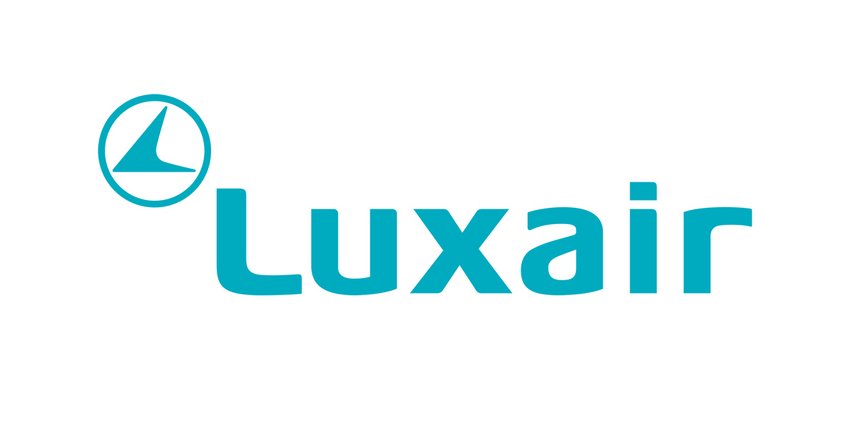
As a regional airline committed to sustainable travel and regional connectivity, Luxair strongly supports the findings of a new report released by the European Regions Airline Association (ERA), titled The Economic, Social, and Environmental Value of Regional Airlines in Europe. Commissioned by ERA to Oxera, the report highlights the critical role regional airlines play in supporting Europe’s economy, social cohesion, and environmental ambitions, particularly as the sector navigates a period of mounting pressure.

After dealing with post-pandemic inflation and an energy crisis, regional airlines are now facing a fresh set of hurdles including volatile fuel prices, intensifying regulatory demands, and the impact of global trade dynamics, such as the developing situation in the US. Despite these headwinds, regional airlines continue to serve as lifelines for communities across Europe. The ERA report highlights three key areas where regional aviation makes an outsized contribution:
Economic Impact: Regional aviation remains a cornerstone of Europe's economy, supporting more than 335,000 jobs and generating €23.1 billion in Gross Value Added (GVA) across the continent. It also acts as a powerful enabler of tourism, indirectly supporting 4.5 million additional jobs and generating €205 billion in GVA. Yet, despite these benefits, regional airlines like Luxair face growing financial and competitive pressures that threaten their long-term viability.
Social Contribution: Regional carriers play a vital role in connecting remote and underserved areas, ensuring access to essential services like healthcare, education, and employment. In addition, regional airlines, such as Luxair, are crucial for enhancing connectivity between regions and network hubs, fostering social, cultural, and economic development.
Environmental Progress: Airlines such as Luxair are at the forefront of sustainable aviation, deploying modern turboprops and regional jets that emit up to 45% less CO₂ than larger aircraft on short-haul routes. As part of its wider decarbonisation roadmap, Luxair will begin integrating Sustainable Aviation Fuel (SAF) in 2025, targeting an initial 2% share. Its entire fleet, including the Embraer E195-E2 and Boeing 737-8, is already SAF-ready for blends of up to 50%. While SAF availability and costs remain challenging, Luxair continues to advocate for policies that encourage greener fuels without unduly burdening passengers.
Fleet Modernisation for Sustainability and Noise Reduction
To reinforce its environmental commitments, Luxair is also modernising its fleet with quieter, more efficient aircraft. The new Embraer E2 and Boeing 737-8 models are among the quietest and most fuelefficient in their category, featuring cutting-edge aerodynamics and advanced next-generation engines.
Remarkably, the Embraer E2 produces significantly less noise than most business jets and generates lower sound levels during take-off or landing than a typical truck on a motorway, substantially reducing noise pollution.
A Call for Fair and Future-Proof Regulation
While innovation and investment are vital, the ERA study also highlights the urgent need for smarter, more balanced regulation to protect the future of regional aviation. The sector faces unique economic and operational challenges that require specific attention. The report outlines several key policy recommendations that Luxair fully supports, especially ahead of the upcoming EU institutional cycle. These include updating the European Air Services Regulation (Regulation 1008/2008) to allow greater flexibility, adapting the EU261 regulation to better reflect the reality of regional carriers, ensuring equal access to airport infrastructure, tackling unfair pricing practices, and reviewing the scope of global cybersecurity compliance rules, which often create a heavy burden for smaller operators despite their strong focus on information security.
Luxair also supports ongoing efforts to improve how airspace is managed in Europe. Programmes like SES2+, led by the European Commission to unify and modernise European airspace, aim to create a more unified and efficient sky across the continent. These changes could help make flights more efficient, reduce delays, lower fuel use, and support the industry's wider sustainability goals. Ultimately, they aim to improve the overall travel experience for passengers and communities alike.
In parallel, Luxair is exploring further ways to enhance on-time performance, including leveraging the capabilities of its modernised fleet to improve overall reliability and service delivery. Passengers will also benefit from the enhanced comfort and onboard experience offered by the new aircraft, which feature state-of-the-art technology, quieter cabins, and more efficient operations tailored to meet the needs of today’s travellers.
Gilles Feith, CEO of Luxair, said: “Regional airlines are the backbone of connectivity, linking communities, economies, and regions. At Luxair, we are fully committed to providing these critical services in a responsible and sustainable manner. However, escalating costs and increasingly burdensome regulations are threatening our ability to continue serving our communities effectively. We urgently need policies that are not only fair but also reflect the unique challenges regional airlines face, ensuring we can remain a reliable partner to the people and places we serve.”
As Luxembourg’s national airline, Luxair connects over 90 destinations, making a significant contribution to the country’s economic development while defending one of the strongest social models among all passenger airlines operating in Luxembourg. Flying should not be reduced to a convenience —where ticket prices fall below airport and ATC taxes—but must remain a socially sustainable service. We call on all stakeholders to work together to ensure that aviation continues to serve communities fairly, responsibly, and with long-term vision. Luxair remains committed to meeting these challenges— serving communities, supporting sustainable growth, and upholding our responsibility as a national carrier.



